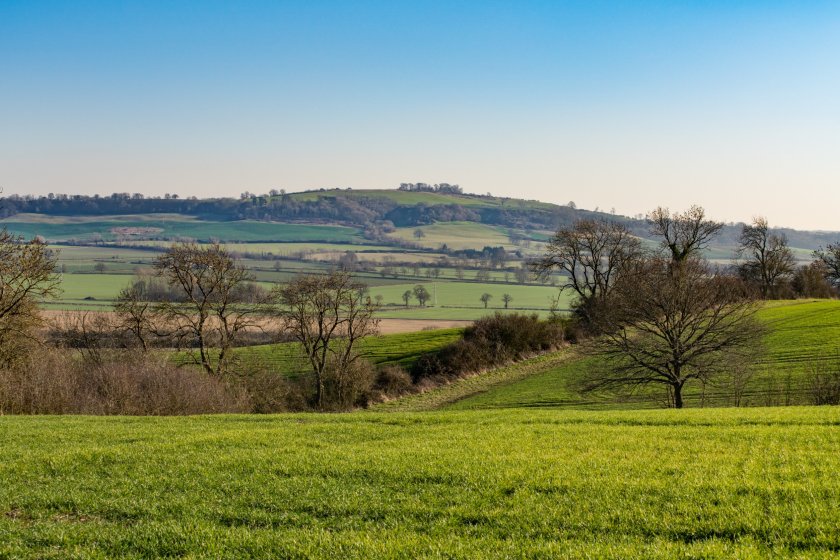
Farmland is retaining its inherent resilience as demand continues to outstrip supply, despite numerous challenges in the political and environmental landscape.
Overall, the farmland market edged up slightly during 2024, according to the latest results from the Knight Frank Farmland Index, which tracks the value of bare agricultural land in England and Wales.
Despite the turbulent year, there are still plenty of active buyers in the market looking for a wide variety of rural property, with varying motivations, says Knight Frank.
When considering the year as a whole, the index showed average values at the start of 2024 stood at £9,152/acre; 12 months on, there was a marginal increase of 0.1% to £9,164/acre.
“The knee-jerk reaction in the wake of the budget was to worry that farmland values would slide significantly," noted Alice Keith, of Knight Frank.
"But so far and given the time of year, when sales are notoriously slower, there have been too few transactions to back that theory up.
“While the changes to inheritance tax are, of course, extremely unwelcome and ill-considered, with careful succession planning it will be possible for many farmers to mitigate them."
She added: "We don’t foresee that the changes will deter any significant proportion of potential buyers nor see an immediate impact on the current supply-and-demand dynamics of the farmland market.
“We are not seeing any signs of a significant rise in land coming to the market in 2025. Without that kind of surge, I don’t expect to see land values weaken radically over the next 12 months.”
Given some of the challenges that have faced the industry over the past 12 months – wet weather, delayed grant schemes, rapid reduction of the BPS, and the budget – to come out of the year with an overall rise in values shows the inherent resilience of farmland as a secure, low risk multi-functional asset class.
Its performance as an asset - outpacing gold, equities, and residential property in recent years - underscores its security and growth potential, Knight Frank says.
Furthermore, prospects for marginal areas that were previously thought to be unproductive, are being driven by the environmental potential for land.
In the net-zero era, various opportunities exist for uplift in value and income potential for marginal land which might be unsuited to commercial agriculture.
Funding from the public and private sectors will support a number of alternative uses for biodiversity, carbon offsetting, renewable energy, and tree planting.
These factors will continue to make farmland attractive to a broad spectrum of buyers, including environmental NGOs, private investors and funds, according to Knight Frank.
They are responsible for demand continuing to outstrip supply as the underlying motivations for land purchasing extend far beyond the taxation position.
This was demonstrated by the recent sale of the Rothbury Estate in Northumberland to the Royal Society of Wildlife Trusts, in which Knight Frank served as the selling agents.
This expansive estate encompasses 9,486 acres of grassland, moorland, and woodland, along with a portfolio of farms and cottages, including sites of special scientific interest (SSSI).
Claire Whitfield, partner at Knight Frank said: “Throughout a considered sales campaign of the Rothbury Estate, we received extensive interest in this exceptionally rare opportunity from our network of environmentally conscious prospective buyers.
"This highlights the appeal of beautiful, nature-rich environments like these to a wider range of purchasers than we may previously have observed.”
She concluded: “Post-Brexit and with net-zero agendas, the farming industry in the UK is certainly at a crossroads.
"While this is bringing challenges, there are multiple options for those looking to use their land to generate new and more diverse income streams."
